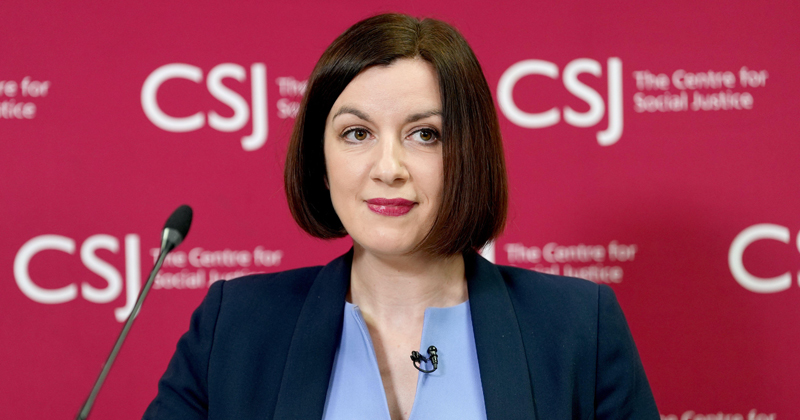The government is reviewing the way it allocates funding for disadvantaged pupils to “ensure it is targeted to those who need it most”, amid concerns the shake-up of free school meals could cut pupil premium cash.
All children from households eligible for universal credit will be offered free meals from next year, the government announced this week.
At present, only families with a household income below £7,400 can claim free lunches.
The Department for Education said it estimated more than 500,000 extra pupils would become eligible as a result of its extension, and claimed it would pull 100,000 children out of poverty.
It has been handed £1 billion in new money to fund the extension over three years.
However, pupils who become eligible under the extension will not attract pupil premium funding, which is meant to help schools support their most disadvantaged pupils.
As part of the announcement, ministers confirmed that “transitional protections” – put in place during the rollout of universal credit to stop pupils losing access to meals if their household income increased – will end next year.

The actual number of pupils with transitional protections is not published. Government would not provide the figure to Schools Week.
The Conservatives claimed the changes would cost schools £1.5 billion in lost pupil premium funding. They claimed 1.2 million children with transitional protections in place would stop receiving FSM and attracting pupil premium.
However, education secretary Bridget Phillipson said this was a “barefaced lie”.
“Not one penny is being taken away from disadvantaged children – not through transitional protections, not through pupil premium, not through related school funding.”
‘No-one will lose pupil premium next year’
The Department for Education added “current level of pupil premium and related school funding will be maintained and no-one will lose pupil premium eligibility next year, while we look over the long term at how we allocate it in a better targeted way”.
Pupil premium cash is also paid for pupils who have been eligible for free meals at any point over a six-year period, meaning any loss of funding would not come for years, the DfE added.
A spokesperson added its extension would mean “over 500,000 more children on free school meals, after transitional protections end, with nobody losing their free meals unless they earn above the limit for universal credit”.
Ministers had already pledged to review the national funding formula, which allocates a portion of school funding based on disadvantage. The pupil premium is paid on top of that cash, and spending next year will total around £3 billion.
The DfE said that over the longer term, “we recognise there are disparities in outcomes for children attracting pupil premium and this government is committed to doing more to improve the life chances of our most disadvantaged children and break the link between background and future success.
“We are therefore reviewing how we allocate pupil premium and related funding to schools and local authorities to address this issue and ensure it is targeted to those who need it most – while maintaining the overall amount we spend on these funding streams.”








If these children don’t get pupil premium who will now get free meals means the schools loose more money on school dinners. School dinners let alone free ones anyway mean schools loose money as funding only just pays for the food
nothing else
That £7,400 figure is a little misleading – as it is a net figure – it is universal credit, plus £7,400 earnings.
Also people who are eligible for a child tax credit – up to an an income of £16,190 – are eligible.
You are also ignoring the different types of income support and asylum seeker benefits.
FSM is much more widely available than the writing in the article would imply.